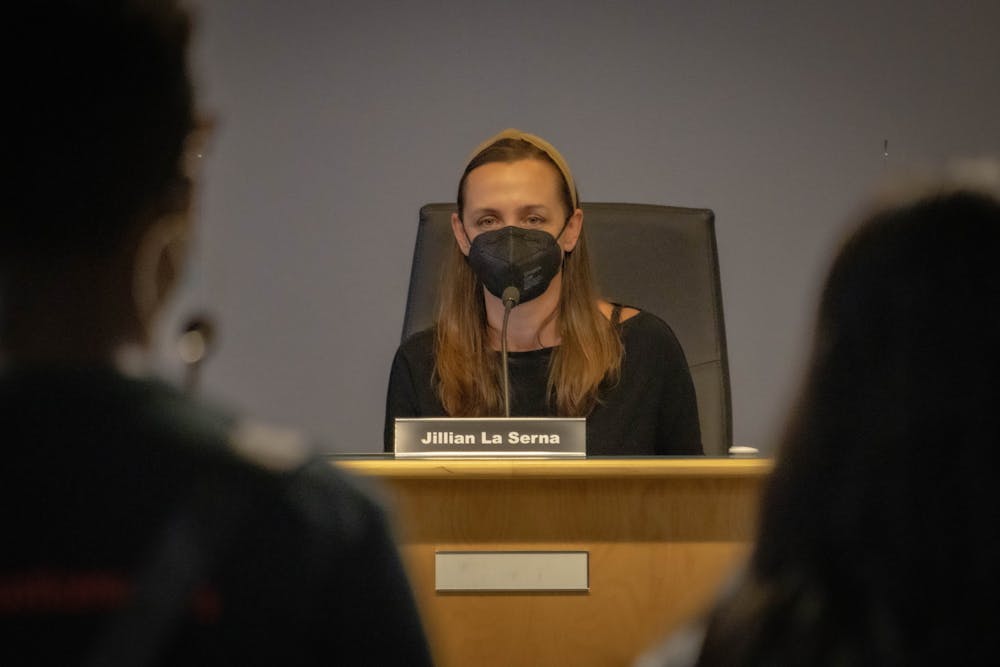As part of the Chapel Hill-Carrboro City Schools' ongoing review of school safety and security, the School Safety Task Force discussed options concerning the future of the school resource officer program at Thursday's CHCCS Board of Education meeting.
SROs are law enforcement officers placed in schools with the goal of creating and maintaining safe, secure and orderly learning environments for students, teachers and staff.
The task force's findings have not been finalized yet, but options include adding to or replacing the current SRO program in the district.
Rodney Trice, CHCCS chief equity and engagement officer, presented past and current actions of the task force to provide the board and community members a holistic look at the issue.
The School Safety Task Force was created in July 2020 to evaluate the need for SROs in the CHCCS district, following the murders of George Floyd, a 46-year-old Black man and bouncer, and Breonna Taylor, a 26-year-old Black medical worker, at the hands of law enforcement, he said.
“Chapel Hill-Carrboro City Schools, our community — it mirrored the national conversation concerning the role of law enforcement in our community," Trice said.
The original 2020 School Safety Task Force was created to evaluate the renewal of the district's SRO program, which expired on June 30, 2020. A restructured task force was enacted a year later to focus on new strategies for safer schools and gather actionable data for better decision-making.
While proponents cited SROs in secondary schools as key for relationship building and education, those opposed cited the negative social and emotional impact on students of color, as well as a lack of documented effectiveness of the program as a whole, according to meeting presentation slides.
Ann Harrawood, a former elementary school music teacher in the district, spoke about her own experiences with negative interactions between students and SROs at school. She also spoke about how students cannot truly learn in an environment they don't feel safe in.



